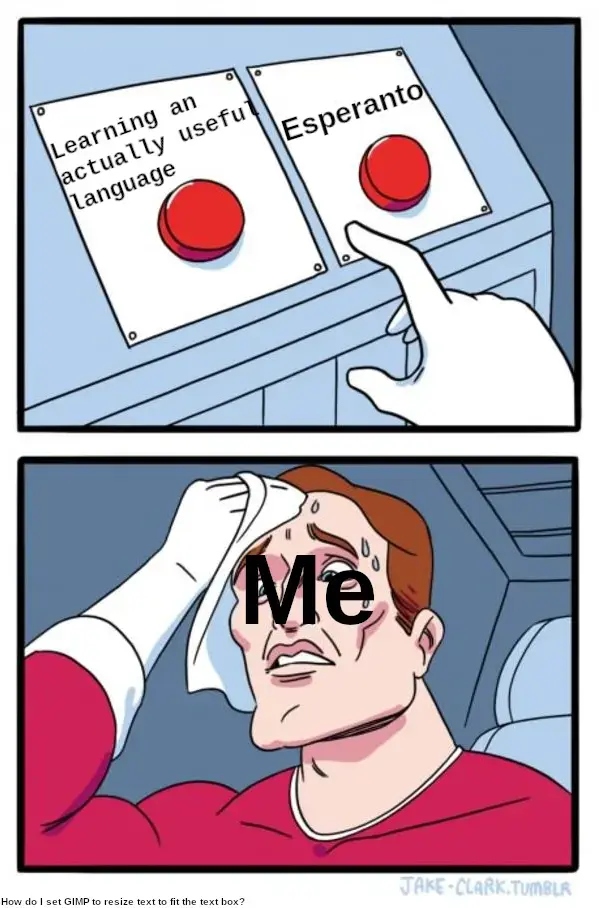Don't worry, it's Duolingo, you won't learn anything
Humanities & Cultures
Human society and cultural news, studies, and other things of that nature. From linguistics to philosophy to religion to anthropology, if it's an academic discipline you can most likely put it here.
Subcommunities on Beehaw:
This community's icon was made by Aaron Schneider, under the CC-BY-NC-SA 4.0 license.
Just how to say "I am an apple" in different languages.
Starting with: Ik ben en appel
My father loves you
Deine vater liebst apfelen.
...yeah, my german is horrible.
learn an actually useful language like toki pona
is there a toki pona page on Lemmy already?
Everyone already knows that Duolingo in the vacuum itself, is not a good tool to learn language. It’s a good spaced repetition tool though, especially the desktop version.
I’ve found that, I’ve learnt more with Duolingo by pairing it with my own grammar research, e.g. find the grammar book for the language I want to learn, then summarise / write down the rules lines by lines on my notebook
I’ve been doing it for a number of languages, and they have served me well. But only when I personally write them down line by line, the rules barely stick when I just read / refer to them like cheatsheets
It also helps a lot when you understand grammatical concepts like dative, accusative, ablative, instrumental cases, conjugation patterns, etc.
However this method is only good for learning to read and to listen, but not to speak, which in the end requires human interaction
This is actually really helpful. Thank you!
I'm a language teacher and I'm using Duolingo to keep me humble! Every language sounds like gibberish in the beginning.
That being said, it overstates its own benefits. I only learn when I take detailed notes alongside the app. When I don't, nothing really sticks
Okay, since you're a language teacher, I have to ask: aside from moving to a country where it's commonly spoken, what's your favorite way of actually learning a language?
This is not what anyone wants to hear, but the truth is as an adult you can't perfect a language without studying it. Obviously there are exceptions to every rule! Some people pick up language more naturally than others. But in my experience it's the students who put the work in outside of class that progress faster.
It's also true that we have strengths and weaknesses in language (sometimes even in our native language). A person who aces an oral exam might do terribly in their writing exam. A good student is aware of their own flaws and practices in the areas they find hardest.
In terms of how to study, it depends firstly on your level and secondly on the area you want to work most on: reading, writing, listening or speaking.
If you are at A1 level, you will benefit most from being exposed to language aimed towards that level, i.e. grammar books, language learning podcasts etc. When you reach around a B1 level I recommend looking at real life target language examples such as TV shows, books, news articles and so on. There's not much point coming to them too early and being discouraged by how little you understand.
If oral language is what you struggle with the most, try to find a conversation circle to practice with. Many of these can now be found online thanks to Covid!
Writing is one of the hardest areas to progress in, in my opinion, because realistically you want someone going over anything you write with a fine tooth comb to point out any mistakes. If you need to get better at writing in your target language I highly recommend hiring a tutor or trying out a class that focuses on writing.
Sorry if this isn't the fun answer you want to hear! But don't worry, my students think I'm a buzzkill too 😅
Don't apologize, this is super helpful! I appreciate your wisdom and I'll keep that all in mind going forward.
Best of luck with all your language learning endeavours!
